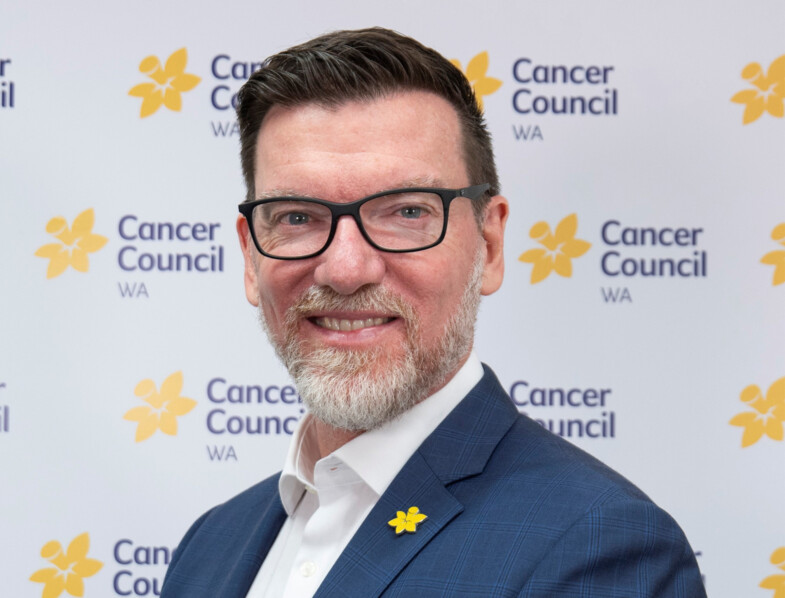We all want our communities to be healthy and safe places to live, work, and raise children. The stories of communities impacted by alcohol harms reported in this paper have been confronting to read, to put it mildly.
The issues raised deserve the action-focused attention they have received in the recent coverage. Clearly, not enough has been done to prevent the growing harms fuelled by alcohol. West Australian children, families and communities deserve better. The WA Police should be commended for compiling the evidence and seeking a meaningful prevention response in the public interest. We commend the Premier, Ministers, and Director of Liquor Licensing for their commitments to action to date.
The harmful impacts of alcohol are not quarantined within any one region of our state. Throughout WA, almost every part of our lives can be affected by alcohol, including our ability to access urgent medical treatment, safety on our roads, amenity of our communities, and health and wellbeing of our children.
Even when they’re not making headlines, the impacts of alcohol are, unfortunately, well known to many of us working in health, social and community organisations. As the reported statements from doctors, paediatricians, paramedics, domestic violence services, police, and education workers have reflected, the impacts are well known to first responders and frontline workers. All across WA.
Some impacts of alcohol are highly visible and immediate; other harms occur behind closed doors or develop over time. Alcohol is a known cause of cancer. It’s a Group 1 carcinogen, the same category as tobacco and asbestos. Alcohol causes cancer in the mouth, pharynx, larynx, oesophagus, breast, liver, and bowel. Alcohol was estimated to cause four per cent of all new cancers in 2020. There is no safe level of alcohol use when it comes to cancer risk.
We support Premier Cook’s comments (reported on Wednesday) that any one measure would not be a silver bullet and a comprehensive response from the Government is needed.
A factor that contributes to harm is very cheap alcohol. Alcohol products at the bottom end of the market tend to be targeted at people who drink at high-risk levels and sold to them in dangerously high volumes, and they’re hurting people across the state.
In several parts of the world, governments are acting to reduce harms from cheap alcohol products by introducing a floor price, otherwise known as a minimum unit price. This sets a price per standard drink below which alcoholic products cannot be sold, raising the cost of only the cheapest alcohol products, which we know are often the cause of harm.
And they’re seeing the benefits. In the Northern Territory, the floor price set in 2018 contributed to reductions in alcohol-related assaults, emergency department presentations, ambulance attendances, hospital admissions, road crash injuries, and child protection orders. The impact on moderate drinkers was virtually zero; over the course of a whole year, the additional cost to moderate drinkers was less than the cost of a cup of coffee ($3.07).
The floor price set in Scotland (also in 2018) has reduced deaths directly caused by alcohol use by 13 per cent, reduced hospital admissions by 4 per cent, and had a positive impact on health inequalities (the largest reductions were in the most deprived areas). More recently, Ireland and Wales have each set a floor price, and it’s being considered in France. Canada has had a form of minimum price for decades.
A floor price is typically set at a level that is cheaper than what most people already pay for alcohol, but high enough to cut out the really cheap stuff that causes much of the harm. The change will have virtually zero effect on moderate drinkers, who are unlikely to even notice it, but will reap the benefits of a healthier, safer community.
Cancer Council WA stands alongside the Telethon Kids Institute, the Alcohol and Drug Foundation and many other organisations in this state in support of a statewide floor price for alcohol, as part of the suite of measures needed to reduce harm and support communities to thrive.
Ashley Reid, Cancer Council WA CEO
